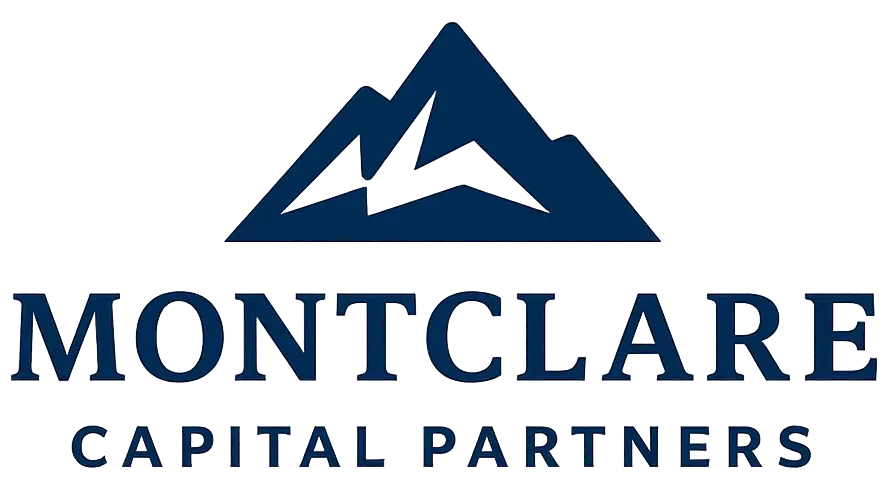private publications
- Home
- Private publications

Montclare Capital Partners is pleased to announce that its Founder, Alfonso Martínez Ruiz has joined the Dutch Business Round Table Geneva (DBRT) as an Institutional

For many international entrepreneurs and investors, establishing a real presence in the Netherlands is key to unlocking new business opportunities, accessing the EU market, and

Real estate financing is often seen as a matter of numbers, ratios, and risk tolerance. But in practice, it is mostly about coordination, trust, and

For the globally-minded individual from the Middle East, Africa, or beyond, the promise of European residency represents more than a passport stamp. It is a

In today’s competitive global environment, international investors and entrepreneurs increasingly seek robust solutions for wealth structuring, asset protection, and cross-border business setup. Montclare Capital Partners

We are pleased to announce a recent membership in both the International Fiscal Association and the Spanish Association of Financial Law (Asociación Española de Derecho

For many international entrepreneurs and investors, establishing a real presence in the Netherlands is key to unlocking new business opportunities, accessing the EU market, and

In international business, the Dutch holding company stands out for more than just its regulatory certainty. On the surface, the Netherlands is known for legal

As the tectonic plates of European finance continue their relentless shift post-Brexit and in the shadow of ever-stricter global tax regimes, two cities remain unassailable
